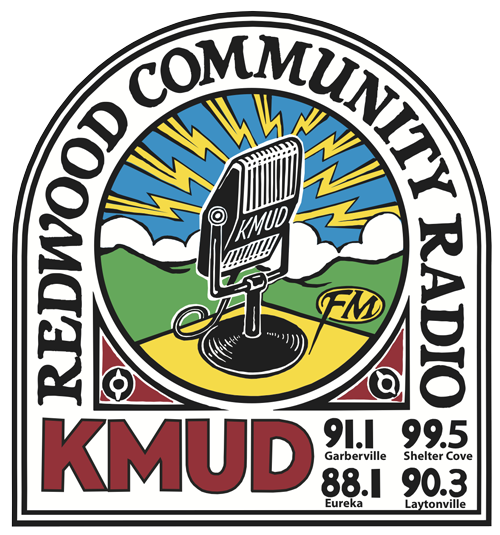Congressional Hearing Targets Public Media Funding Amid Misinformation and Culture War Rhetoric

On March 26, the U.S. House Subcommittee on Delivering on Government Efficiency (DOGE), chaired by Georgia Representative Marjorie Taylor Greene, held a hearing titled “Anti-American Airwaves: Holding the Heads of NPR and PBS Accountable.”
The session focused on proposals to eliminate federal funding for the Corporation for Public Broadcasting (CPB), the nonprofit organization that supports over 1,500 local public radio and television stations nationwide—including KMUD, KEET, and KZYX in Northern California.
The CPB, created by the Public Broadcasting Act of 1967, was designed to ensure every American—regardless of geography or income—has access to high-quality, non-commercial public media. CPB funding supports rural and Indigenous radio stations, emergency communications, local journalism, and independent storytelling in underserved regions.
Despite receiving bipartisan approval for continued funding through 2027, CPB’s future remains in question. Critics, including members of the DOGE Subcommittee, argue that the rise of the internet and mobile connectivity makes public broadcasting obsolete.
Why CPB Funding Matters
Currently, CPB receives roughly $535 million annually—just 0.0079% of the federal budget. That small investment has a major impact, especially in rural areas where KMUD and similar stations provide critical services:
- Emergency alerts and disaster communication
- Local journalism tailored to community needs
- Training and support for volunteer broadcasters
- Cultural programming and diverse perspectives rarely found in commercial media
Unlike corporate broadcasters, public media is not beholden to advertisers or shareholders. KMUD, in particular, is a grassroots, independent outlet powered by volunteers and local voices.
From Policy to Politics
During the hearing, testimony was provided by Katherine Maher, CEO and President of National Public Radio, and Paula Kerger, CEO and President of the Public Broadcasting Service. Mike Gonzalez, a senior fellow at the Heritage Foundation and proponent of Project 2025—a policy blueprint that includes dismantling CPB—provided the counterargument.
Gonzalez claimed public broadcasting “crowds out” private media and lacks neutrality. However, public media leaders emphasized their role in providing fact-based news, cultural programming, and educational content, particularly for children and underserved populations.
Democratic members of the committee, including Representatives Stephen Lynch (MA) and Ro Khanna (CA), defended CPB’s mission and challenged the ideological motivations behind efforts to defund it.
Congressman Robert Garcia (CA), spoke in defense of public media and used sharp political satire, he condemned her attacks and voiced strong support for public media.
